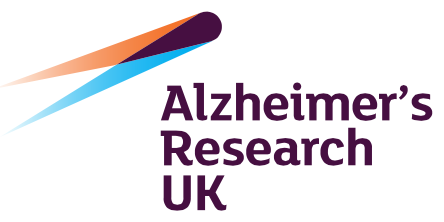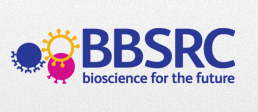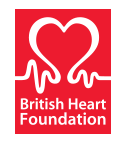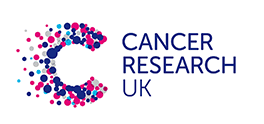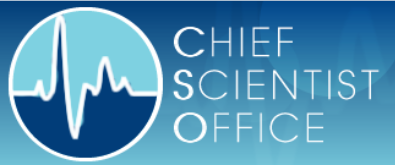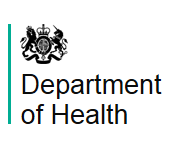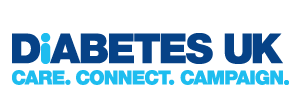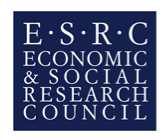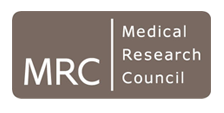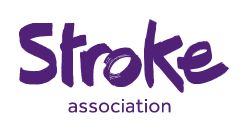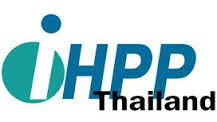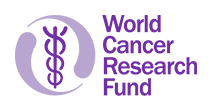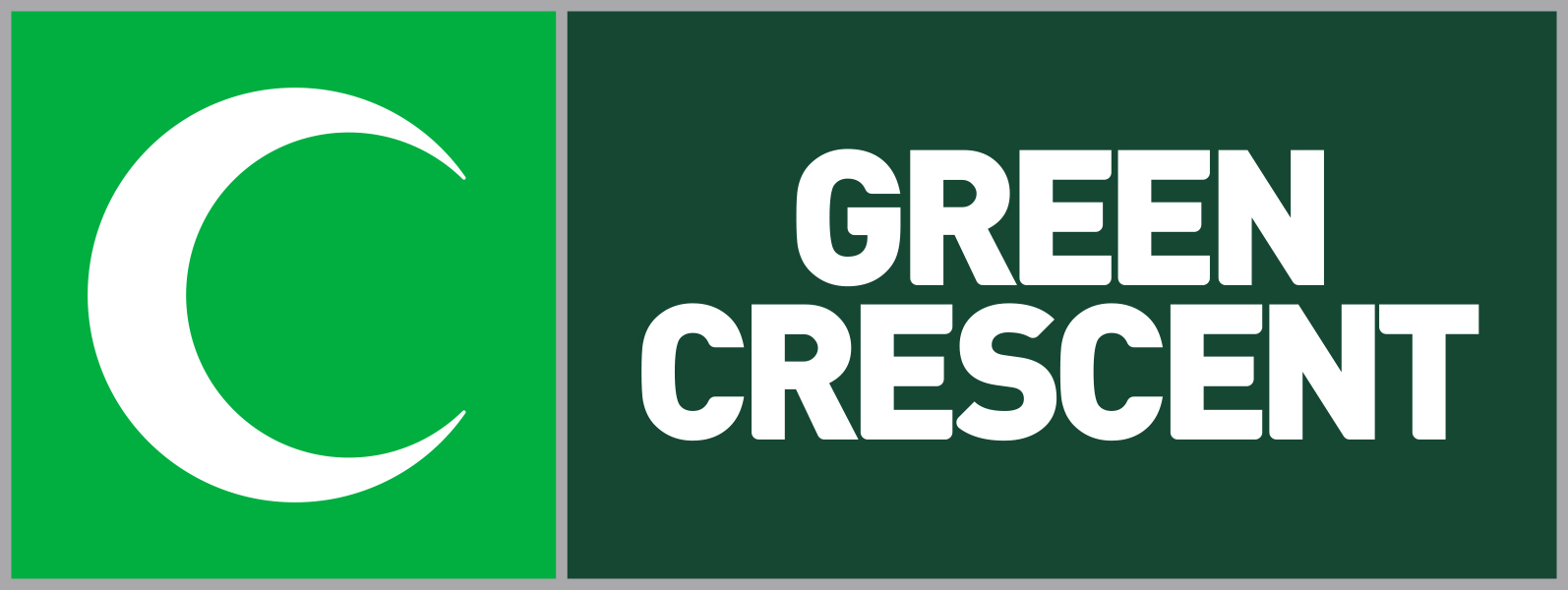The International Alcohol Control Study (the IAC Study) is the first international cohort study of the status of effective alcohol control policies, alcohol use and alcohol policy relevant behaviours. The objective is to measure the status and impacts of national or state level alcohol control policies and to provide a monitoring tool for measurement of change over time and benchmarking between countries.
The IAC study began in 2010 as a collaboration between New Zealand, England, Scotland, South Korea and Thailand. Since then, IAC Study has evolved and the number of countries participating in the study has expanded dramatically. A total of 40 countries have now participated in some aspect of the IAC study.
IAC research tools
The IAC study has developed several research tools. A longitudinal survey measures alcohol consumption and has been shown to achieve much higher levels of coverage of alcohol than many survey approaches (Huckle et al., 2018). The survey also measures perceptions of alcohol affordability, availability, and enforcement and support for policy. An innovative part of the survey is the inclusion of questions about behaviours and attitudes which can be affected by policy changes and which mediate consumption. These include prices paid, time and place of purchase, and exposure to and resonance of marketing (Casswell et al., 2018).
A second research tool, The Alcohol Environment Protocol (AEP), was developed to describe the alcohol environment in each country. The AEP was based on administrative and commercial data sets, key informant interviews and observational studies to assess the status of effective alcohol control policies in the following areas: alcohol availability, pricing and taxation of alcohol products, alcohol marketing, and drink driving enforcement. Data from the AEP and the population survey were published in a Special Issue of Drug and Alcohol Review in 2018.
Data from the AEP was used to collect data from 13 countries to create the IAC Policy Index, which was strongly associated with alcohol per capita adult consumption (Casswell et al., 2022). The relationship with survey responses from drinkers in participating countries showed scores on the IAC Alcohol Policy Index predicted drinking frequency and quantities consumed (Casswell et al., 2023).
The AEP was streamlined and developed into an online tool (the Alcohol Policy Tool). This now includes a section monitoring access to brief intervention and treatment to bring it in line with the WHO led SAFER initiative. A module assessing alcohol industry penetration in the policy environment has also been added and data collection using this tool is underway.
Supporting effective alcohol policy
The IAC study has established an international research platform for use in HICs and LMICs to monitor the status and impact of evidence based effective alcohol control policies. This is timely in the context of the WHO Global Strategy to Reduce Harmful Use of Alcohol (2010) and the UN Declaration on the NCD epidemic (2011). The dissemination of the WHO led SAFER package and the Global Alcohol Action Plan was endorsed by the WHA in 2022.
The IAC study disseminates its research findings to the global alcohol control community, including researchers, policy makers, and advocates.
Our funders
The development of the IAC study was supported by Te Whatu Ora – Health New Zealand, the Health Research Council of New Zealand, and the co-ordination role undertaken by the SHORE & Whariki Research Centre has been supported by Massey University, IDRC Canada, IHPP and FORUT. Countries have also gained funding for their own participation.
New countries welcome
The SHORE & Whariki Research Centre is keen to collaborate with researchers in countries wishing to join current developments of the IAC study. Survey instruments, software and protocol for analysis have been developed in collaboration with participating countries, and tools can be made available for use by other countries wishing to join the study. The core survey consists of questions to be used by all IAC participating countries, and country specific questions can be added. For ease of use and to ensure accurate data collection, the survey needs to be computer assisted. The IAC Alcohol Policy Tool is also an online tool.
It is a requirement of participation in the IAC study that researchers do not have conflict of interest and are not funded by or collaborating with the alcohol industry.
For further information on the IAC study, please contact:
Professor Sally Casswell Co -director SHORE & Whariki Research Centre
College of Health, Massey University New Zealand s.casswell@massey.ac.nz
Sponsors
The International Alcohol Control Policy Study thanks the following granting agencies for their financial support

